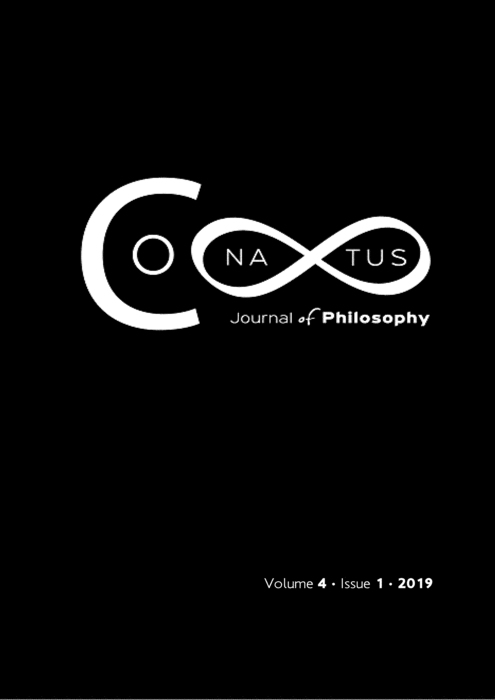The Concept of Political Difference in Oliver Marchart and its Relationship with the Heideggerian Concept of Ontological Difference

Abstract
The concept of political difference concerns the distinction between politics and the political. The political refers to the ontological making possible of the different domains of society, including the domain of politics in the narrow sense. Political difference was introduced as a reaction to the theoretical controversy between foundationalism and anti-foundationalism. This reaction took the form of post-foundationalism. According to Marchart, post-foundationalism does not entirely deny the possibility of grounding. It denies only the possibility of an ultimate transcendent foundation insofar as this ontological impossibility makes possible the historical and contingent grounds in plural.
The Heideggerian concept of ontological difference also undermines the possibility of an ultimate ontical ground which establishes the presence of all the other beings. If one wants to think beyond the concept of ground, one should obtain a clear understanding of Being as Being, namely one should grasp the Being in its difference from beings. All the same, Heidegger tends to replace the ontical grounds of metaphysics with Being itself as a new kind of ultimate ontological foundation.
On the other hand, one can detect in many points of Heideggerian argumentation traces of a second alternative understanding of ontological difference which does not belong in Heidegger’s intentions and which undermines the primordiality of Being. This alternative understanding establishes a reciprocity between Being and beings. In our view, political difference not only is based in this second way of understanding but, at the same time, develops more decisively the mutual interdependence between Being and beings.
In political difference the grounding part, namely the political, possesses both a grounding character and a derivative one. Politics and political both grounds and dislocate each other in an incessant and oscillating, historical procedure which undermines any form of completion of the social.
Article Details
- How to Cite
-
Efthimiou, C. (2019). The Concept of Political Difference in Oliver Marchart and its Relationship with the Heideggerian Concept of Ontological Difference. Conatus - Journal of Philosophy, 4(1), 61–78. https://doi.org/10.12681/cjp.18863
- Section
- Articles

This work is licensed under a Creative Commons Attribution-NonCommercial 4.0 International License.
Authors who publish with this journal agree to the following terms:
Authors retain copyright and grant the journal right of first publication with the work simultaneously licensed under a Creative Commons Attribution Non-Commercial International License (CC BY-NC 4.0) that allows others to share the work with an acknowledgement of the work's authorship and initial publication in this journal.
Authors are able to enter into separate, additional contractual arrangements for the non-exclusive distribution of the journal's published version of the work (e.g. post it to an institutional repository or publish it in a book), with an acknowledgement of its initial publication in this journal.
Authors are permitted and encouraged to post their work online (preferably in institutional repositories or on their website) prior to and during the submission process, as it can lead to productive exchanges, as well as earlier and greater citation of published work.





